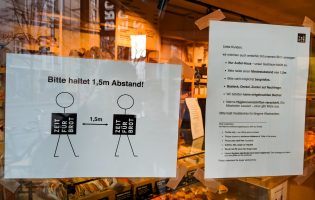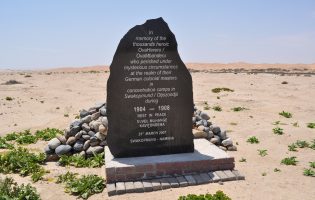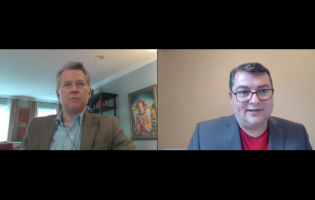Episode 26: Deep History and Politics in Eastern Germany Today
How does the past shape today’s politics? For states in eastern Germany, memories of life in the German Democratic Republic are not that distant of a past. One example is …

Testing State Leaders in a Pandemic: The Rise of Andrew Cuomo and Markus Söder
“Never let a crisis go to waste.” So think many politicians when opportunities emerge to amplify their reputations. The truth is that crises do help politicians and voters to separate …
Episode 25: Defeat or Liberation: The Changing Interpretations of May 8
May 8 marked the 75th anniversary of the end of World War II in Europe. While the displays of remembrance differed from the past given presence of the coronavirus, it …
Recent Authors
AGI provides knowledge, insights, and networks as tools to solve the challenges ahead.
Support Our Work
Watching Germany IV: Classic Films
This final installment in the AGI “Watching Germany” series is coming (hopefully) toward the end of a long shutdown due to the 2020 coronavirus pandemic. So, maybe file this for …

Watching Germany III: Recent Films with Contemporary Themes
As the third installment of AGI’s “Watching Germany” series (see television and contemporary films on German history), I am turning to post-reunification films with contemporary themes. There is a multitude …

Watching Germany II: Contemporary Films on German History
Here in Washington, DC, we are into week six of the pandemic shutdown. Universities and public schools will not reopen until the next school year. Regular businesses might only (partially) …

Watching Germany during the Pandemic
As most of us sit, shut-in at home, in the midst of a (hopefully) once-in-a-lifetime pandemic, there are many off hours and nowhere to go. Everyone seems to be watching …







